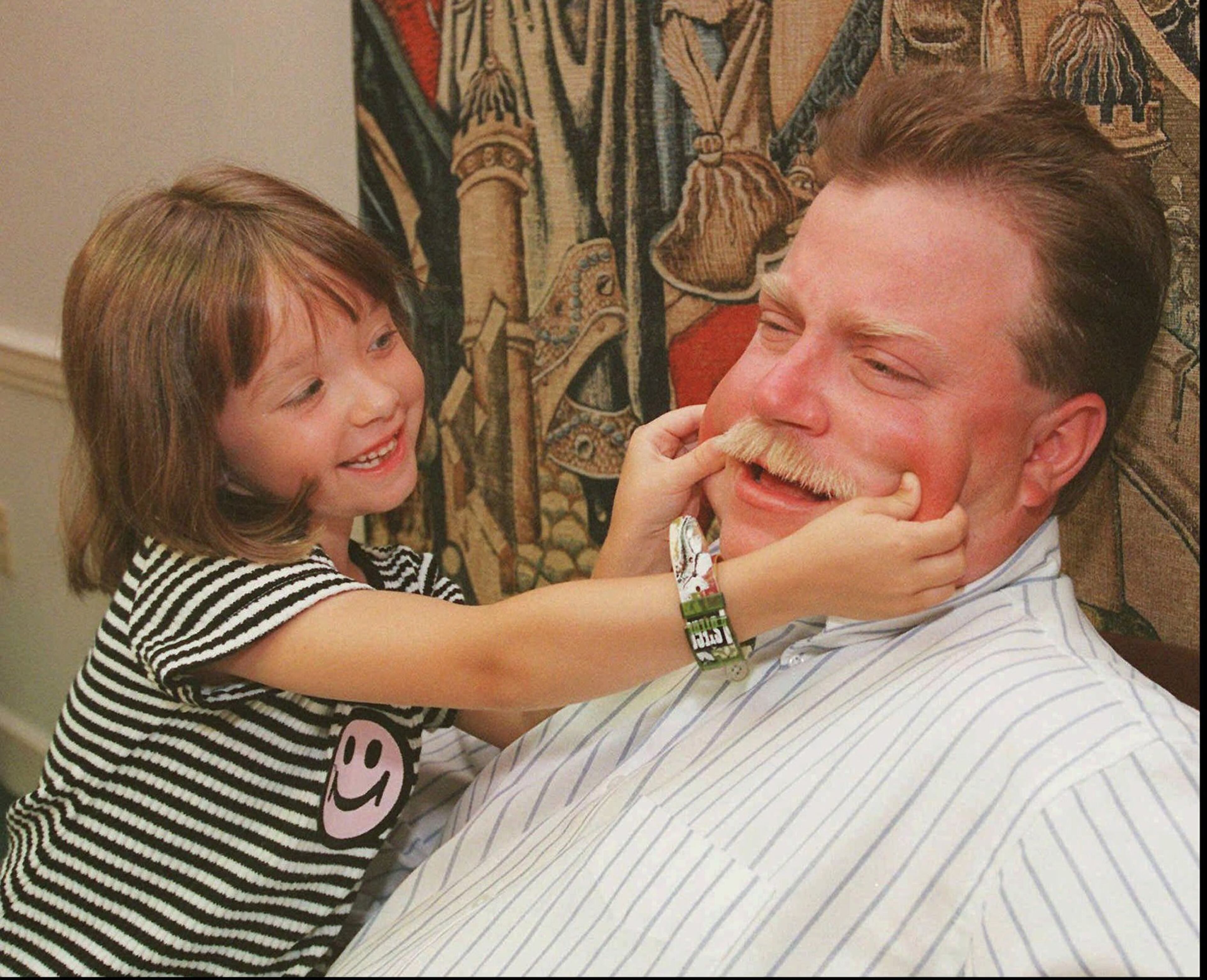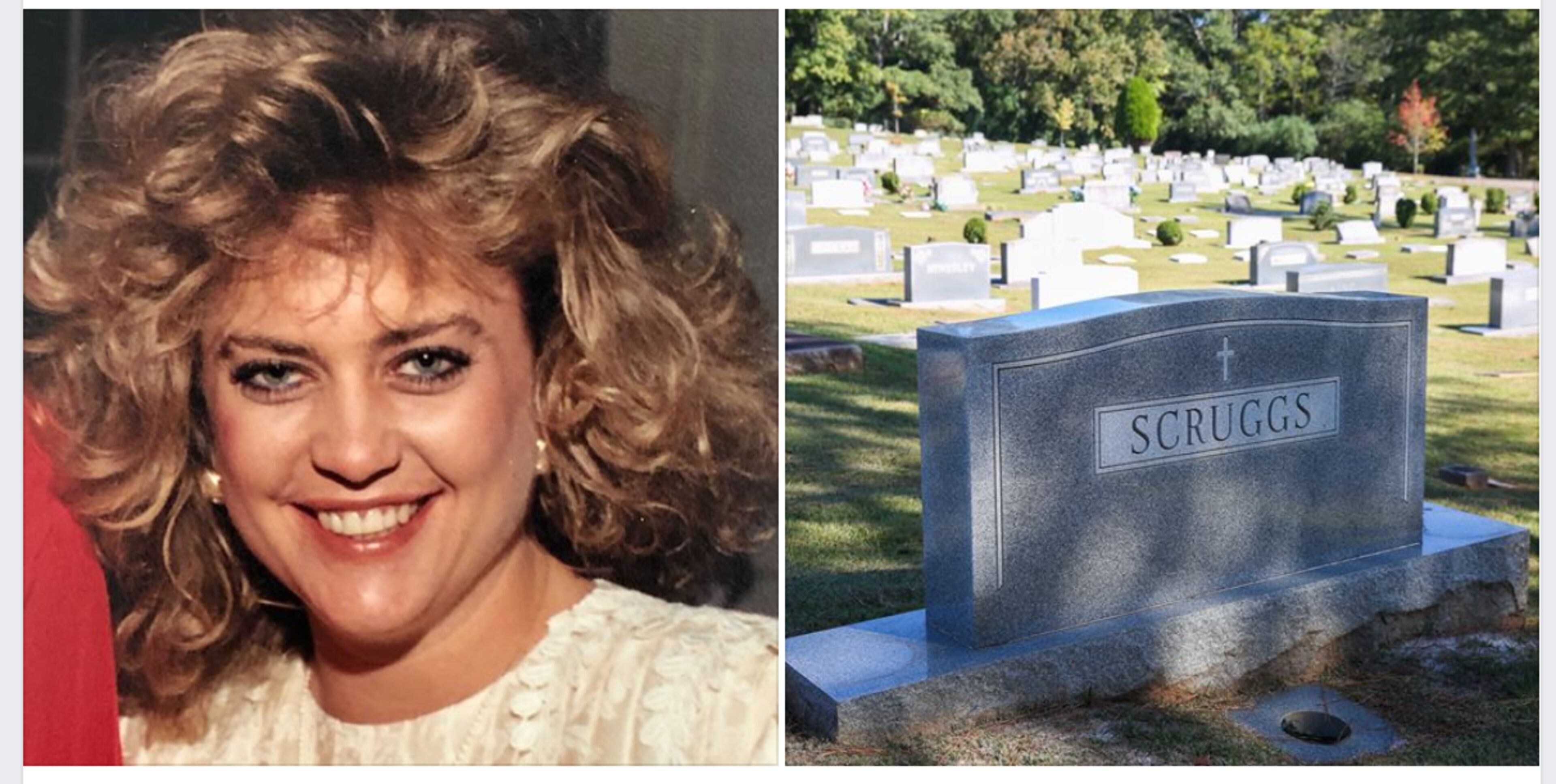Opinion: Film tries to fix one reputation, attacks another

LOS ANGELES — The weather was unexpectedly cool and damp as I crossed Hollywood Boulevard and approached the famous Grauman's Chinese Theatre, after stepping along the Walk of Fame.
This was my first Hollywood film premiere, and I was in Los Angeles to see a new movie about Atlanta.
But I entered the packed theater with plenty of trepidation.
In less than two weeks, Clint Eastwood’s “Richard Jewell” opens across the country, and it will ask Atlantans to revisit the trauma of the terrible bombing during the 1996 Olympics.
We’ve covered the development of the film, including when it was shot in Atlanta last summer, so I’d been anxious to see it.
Early versions of the script indicated The Atlanta Journal-Constitution and one of its reporters, Kathy Scruggs, would be prominent in examining the roles law enforcement and the media played when the FBI wrongly focused on Richard Jewell as the suspect.
RELATED CONTENT
- The Ballad of Kathy Scruggs
- Jewell's ordeal detailed in new Olympic bombing book
- Opinion: Drama shouldn't recast this truth
- Authors discuss new book on Jewell
- WATCH: "Richard Jewell" trailer released
After the audience gathered, Eastwood stepped to a podium, spoke about the film and introduced the cast. Olivia Wilde, the star who plays Scruggs, wasn’t there.
Wilde has been busy promoting “Booksmart,” which she directed. But in retrospect, her absence turned out to be a bad sign; Eastwood treats Scruggs horribly in the film.
I can’t recommend that you disrupt your holiday season to see a movie about how one of Atlanta’s greatest moments was scarred by terrorism. And if you find yourself interested in revisiting the moment, I’d recommend the impressively thorough – and accurate — account rendered in a new book, “The Suspect” by Kent Alexander and Kevin Salwen.
I can’t recommend the film because of Eastwood’s disinterest in key facts, particularly as they involve Scruggs and the AJC. He eschews the opportunity to take an insightful look at journalism – something that would be useful today – and pursues an agenda that results in a vicious and often fictitious attack on Scruggs. Worse yet, Scruggs is deceased and unable to defend herself.
The production of the film was on a tight schedule, so it could come out in time to qualify for awards. Maybe that explains why it falls into misinformation and offensive Hollywood habits about portraying female journalists.
There’s not enough space here to get into the details of the film. But without question, what happened to Richard Jewell was tragic and wrong. The FBI focused on him as a suspect, and he became the focus of a media frenzy.
To tell the story, Eastwood apparently decided to invent more drama than it already had.

Of important note, the film isn’t a documentary; it’s intended as pure entertainment.
The underlying theme of the movie is that the FBI and press are not to be trusted. Yet the way the press, especially the AJC’s Scruggs, is portrayed reshapes reality to Eastwood’s liking.
You’ll recall that in the immediate aftermath of the bombing, Jewell was hailed as a hero for discovering the bomb. He appeared on national television.
Then the direction of the investigation turned. Even while Jewell was still being interviewed by some media as the Centennial Park hero, law enforcement began focusing on him as the possible bomber.
In a story under Scruggs’ and Ron Martz’s byline, the AJC was the first to report the FBI’s focus on Jewell.
The film portrays Scruggs as trading sex with an FBI agent in exchange for a tip on the story, something that would be an appalling breach of ethics.
There is no evidence that Scruggs ever did this.
Her reporting partner defended her from Eastwood’s assault on her character.
“If they had actually contacted me it might have ruined their idea of what they wanted the story to be,” Martz told the AJC’s Jennifer Brett. “It’s obvious to me they did not go to any great lengths to find out what the real characters were like.”
“She was one of the better reporters I ever worked with. She was really tough and hard-nosed,” he said. “When she went after a story she did what was necessary to get the story, within legal and ethical bounds.”

The director makes the ultimate choices about a film. But let’s hope that Wilde, who’s tweeted in support of the book “She Said,” written by the reporters who broke the story of Harvey Weinstein’s sexual harassment and abuse, will offer some explanation for participating in such a Hollywood trope. Her parents are journalists, which makes her portrayal even more disappointing.
Let's also hope the filmmakers read the profile of Scruggs that appears in today's AJC Living and Arts section.
They’d find out that Scruggs wasn’t perfect, but she isn’t the caricature Eastwood turned her into.
“The world needs to know she was as good a journalist as the world has ever seen,” said her brother, Lewis Scruggs. “Whenever something would happen, the police would call Kathy. They always trusted her to get the scoop because they knew it would be handled right.”
The treatment of Scruggs is the movie’s most obvious and offensive transgression, but not its only cheap shot at journalism. Other examples:
- The film portrays the AJC's initial story as poorly sourced and rushed. In fact, the newspaper held the story an extra day while it obtained confirmation of Scruggs' original tip. Then Martz read the entire story to an FBI spokesman to confirm its accuracy before it was published. And the AJC knew the FBI was preparing to search Jewell's apartment.
- The film portrays the AJC as embracing the theory of Jewell's guilt and as failing to question law enforcement. In fact, months before the federal government cleared Jewell, the AJC's Bill Rankin demonstrated that the FBI's theory was impossible. After finding out when Jewell notified authorities he'd discovered the green knapsack that contained the bomb, Rankin showed that a 911 call made from a pay phone by the bomber could not have been made by Jewell. Rankin simply paced off the time it took to walk from the pay phone to Jewell's position in Centennial Olympic Park where he found the bomb.
It’s also important to note that the AJC was criticized in the bombing coverage for its use of unnamed sources without attribution. That policy has changed. But the 1996 reporting’s accuracy remains undisputed, and it was upheld in several court decisions. At the time the AJC reported it, Jewell was unquestionably law enforcement’s leading suspect.

The story placed law enforcement’s investigation in the public’s view and within its scrutiny, and it laid the groundwork for subsequent coverage that questioned the government’s pursuit of Jewell and helped lead to his exoneration.
Even Jewell’s own lawyer was unaware of the government’s pursuit of Jewell as a suspect until he read it in the AJC. Imagine how badly things might have gone for Jewell if the FBI hadn’t been forced out into the open.
As always, stories and people are complicated. Kathy Scruggs died in 2001 of an overdose of prescription drugs she was taking for chronic back pain. She was 42. Richard Jewell died in 2007 at 44.
It’s a shame that Hollywood perpetuates false stereotypes about female reporters and journalism itself in a time when journalism finds itself under almost constant attack.
Eastwood found a great story in his attempt to repair Jewell’s reputation and honor his memory. Jewell deserves immense credit for the lives he saved.
But it’s hard to understand why Eastwood sought to destroy the reputation of Kathy Scruggs to make his point.
He owes her an apology.



